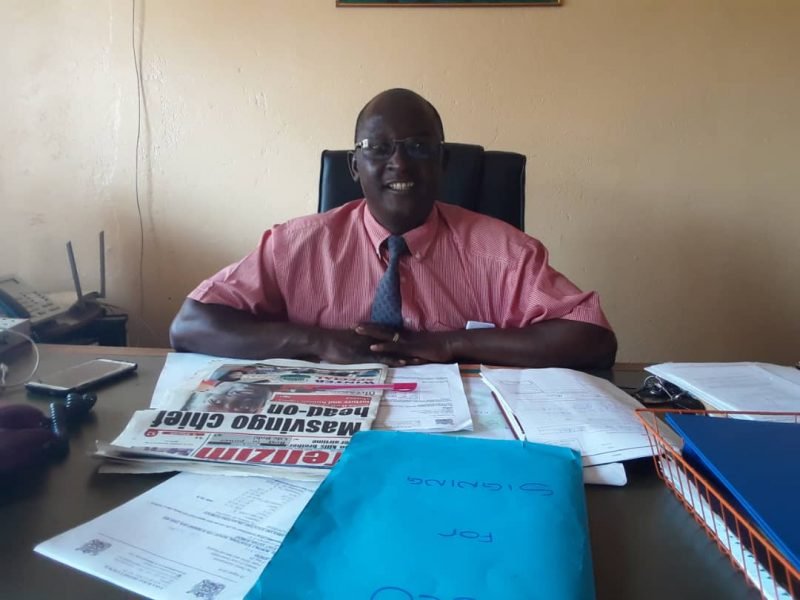By Brighton Chiseva
Tensions ran high in a full council meeting at Zaka Rural District Council (RDC) on January 6 as councilors clashed with management over the delayed purchase of cellphones and motorbikes. These items were supposed to have been purchased before the end of 2024.
The full council heard that the local government had advised the council to procure these items for the councilors in the last quarter of 2024, but management failed to do so, citing unexpected hurdles.
Zaka RDC Chief Executive Officer (CEO) David Batsirai Majaura said the parent ministry had issued a statement requiring ministerial approval for all purchases, which had not been anticipated. As a result, management had written to seek approval, but this had caused a delay.
He also said they had been instructed to clear outstanding obligations before purchasing conditions of service gadgets for the councilors.
“We received a ministerial circular which instructed us that all purchases of that kind required approval from the ministry, and we were also instructed to clear outstanding obligations before we embark on that,” said Majaura.
The councilors were unhappy with management’s explanations, feeling that they had not been prioritized. They were adamant that they needed the cellphones and motorbikes to perform their duties effectively.
They argued that other councils had already provided similar benefits to their councilors, and they saw no reason why Zaka RDC should be any different.
Ward 24 Councilor Zivanai Zvada questioned why only Zaka RDC was required to clear other obligations before purchasing necessities for councilors, alleging that some local authorities had already purchased motorbikes for their councilors despite salary arrears.
“Why does that apply only to Zaka RDC? It’s now not clear if it’s the head office or the management here that is not willing to let us get the cellphones and bikes. We know of another local authority with five months of arrears but has already purchased bikes for its councilors. Here we cleared ours, and we are left with less than two months, but we are not allowed, why?” queried Zvada.
Another Councilor, Enias Chinyoka of ward 4, said management was supposed to prioritize the welfare of councilors so that they could work to unlock more revenue streams to ease the financial challenges affecting the local authority.
“You need to prioritize councilor’s welfare if you want to unlock more revenue streams. We need to be mobile, but it’s difficult because the wards are too big. The ministerial communications also have to be clear to us. We need to see the circulars here, not just telling us that you spoke to someone. We need it in writing so that we understand,” said Chinyoka.
Former Council Chair and ward 13 Councilor Alderman Sebastian Musundire said councilors were failing to receive council proceedings minutes that were sent via WhatsApp because some did not have smartphones or data.
“We need cellphones and data. If you address that, you won’t hear some saying they did not receive minutes. Some do not have smartphones and data, and that needs urgent attention,” said Musundire. However, ward 19 Councilor Albert Mazvanya said the councilors should ensure that they cleared workers’ salaries before thinking of themselves.
The standoff exposed the challenges faced by local authorities in Zimbabwe, where resources are scarce and priorities often clash. While the councilors are pushing for better working conditions, management is constrained by bureaucratic red tape and financial limitations.







